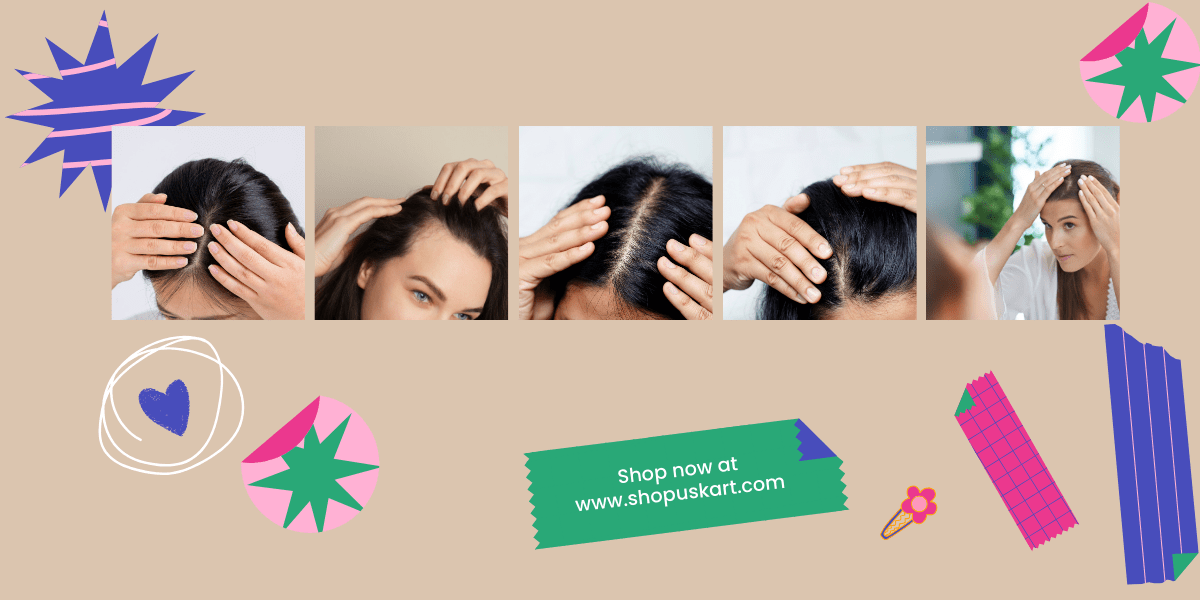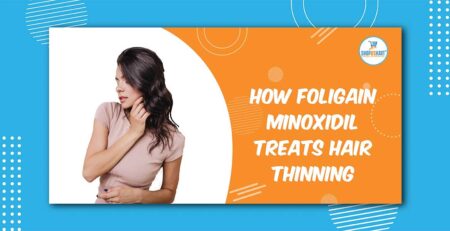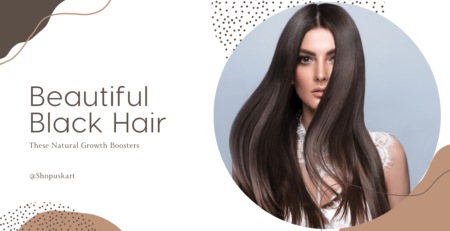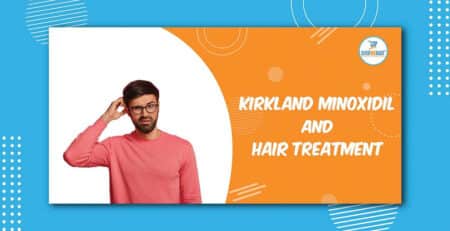Understanding Your Scalp Type A Guide to Healthy Hair Care
Your Scalp Type
Understanding your scalp type is crucial for maintaining healthy and vibrant hair. Just like our skin, our scalps vary in their needs and characteristics, and it is essential to tailor our hair care routines accordingly. In this guide, we will explore the different scalp types and provide insights on how to determine your scalp type. Whether you are a man or a woman, taking care of your scalp is the first step towards achieving strong, nourished hair. So let’s dive in and learn how to cater to the needs of your scalp for optimal hair health.
Some other themes related to scalp health and hair care include the importance of scalp hydration, the role of scalp exfoliation in promoting healthy hair growth, the connection between scalp health and hair loss, and the impact of external factors like pollution and stress on scalp health. Understanding how these factors can affect the health of your scalp and hair can help you make informed choices when it comes to selecting hair care products and implementing a hair care routine. Additionally, it is important to consider the significance of scalp massages, proper nutrition, and regular trims in maintaining scalp health and promoting overall hair growth. By addressing these various aspects of scalp health and hair care, you can work towards achieving the strong, nourished hair that you desire. Remember, a healthy scalp is the foundation for beautiful hair, so prioritize scalp care in your hair care routine for optimal results.
It’s also essential to acknowledge the impact of hormonal changes on scalp health, as fluctuations in hormone levels can result in changes in scalp oil production and hair growth patterns. For women, factors such as pregnancy, menopause, and hormonal imbalances can all have a significant impact on the health of their scalp and hair. Understanding how hormones affect your scalp can help you make adjustments to your hair care routine and address any potential issues that may arise.
In addition, the use of hair styling tools and products can also play a role in scalp health. Overuse of heat styling tools, chemical treatments, and harsh hair care products can strip the scalp of its natural oils and cause irritation. It’s important to use these tools and products sparingly and opt for gentle, nourishing options that will support scalp health and protect your hair from damage.
Ultimately, caring for your scalp is an essential part of maintaining healthy, strong hair. By understanding your scalp type, addressing factors that can impact scalp health, and implementing a tailored hair care routine, you can promote optimal scalp health and achieve the beautiful, vibrant hair you desire. So take the time to assess your scalp type, make informed choices about your hair care products and routines, and prioritize scalp care for the best results. Your hair will thank you for it!
Remember, everyone’s scalp is unique, so what works for one person may not necessarily work for another. It may take some trial and error to find the right products and routine that work best for your scalp type. Consulting with a dermatologist or hair care specialist can also provide valuable insights and recommendations for maintaining scalp health and promoting hair growth.
taking care of your scalp is not just about maintaining a good aesthetic appearance; it is also crucial for overall hair health. By understanding your scalp type, addressing potential factors that can impact scalp health, and implementing a personalized hair care routine, you can set the foundation for strong, nourished hair. So remember to prioritize scalp care in your hair care regimen and watch as your hair transforms into its healthiest, most vibrant state. Your scalp will thank you, and so will your hair!
In addition to hormonal changes and hair styling tools, stress can also have a significant impact on scalp health. High levels of stress can lead to an increase in cortisol levels, which can in turn affect the health of your scalp and hair follicles. Finding ways to manage stress, whether through exercise, meditation, or relaxation techniques, can help support scalp health and promote optimal hair growth.
Furthermore, environmental factors such as pollution, sun exposure, and harsh weather conditions can also impact scalp health. Protecting your scalp from these external stressors by wearing a hat, using sunscreen, and avoiding excessive exposure can help maintain a healthy scalp and prevent damage to your hair.
Ultimately, maintaining a healthy scalp is a multi-faceted process that involves understanding your scalp type, addressing internal and external factors that can impact scalp health, and implementing a personalized hair care routine. By taking a holistic approach to scalp care, you can ensure that your scalp remains healthy and your hair stays strong and vibrant. Remember, a healthy scalp is the key to beautiful, nourished hair, so prioritize scalp care in your hair care routine for optimal results.
In addition to stress and environmental factors, diet and hydration also play a crucial role in scalp health and hair growth. A diet rich in vitamins, minerals, and proteins can provide your scalp with the nutrients it needs to produce strong, healthy hair. Drinking an adequate amount of water each day is also important for maintaining a hydrated scalp and promoting hair growth.
Regular scalp massages can also help improve blood circulation to the scalp, which in turn can promote hair growth and overall scalp health. Using natural oils such as coconut oil, olive oil, or argan oil during scalp massages can help nourish the scalp and strengthen the hair follicles.
In conclusion, caring for your scalp is a vital part of maintaining healthy, beautiful hair. By addressing internal and external factors that can impact scalp health, implementing a personalized hair care routine, and making healthy lifestyle choices, you can promote optimal scalp health and achieve the luscious hair you desire. So remember to nourish your scalp from the inside out, prioritize scalp care in your hair care routine, and watch as your hair transforms into its healthiest, most vibrant state. Your scalp will thank you, and your hair will shine with vitality.
1. What are the different scalp types?
– There are three main scalp types: normal, oily, and dry.
2. How do I determine my scalp type?
– Pay attention to how your scalp looks and feels – normal scalps are balanced, oily scalps appear greasy, and dry scalps may be flaky or itchy.
3. Can my scalp type change over time?
– Yes, factors like hormonal changes, stress, and environmental conditions can affect your scalp type.
4. Should I use different hair care products based on my scalp type?
– Yes, choosing products formulated for your specific scalp type can help maintain a healthy balance.
5. How often should I wash my hair based on my scalp type?
– Normal scalps can typically be washed 2-3 times a week, oily scalps may require more frequent washing, while dry scalps may benefit from less frequent washing.
6. Are there any natural remedies to help improve my scalp health?
– Yes, ingredients like tea tree oil, aloe vera, and coconut oil can help nourish and soothe different scalp types.
7. Can diet impact the health of my scalp?
– Yes, consuming nutrient-rich foods like fruits, vegetables, and omega-3 fatty acids can promote a healthier scalp.
8. Should I consult a dermatologist if I have persistent scalp issues?
– If you have ongoing concerns like excessive dandruff or irritation, it’s advisable to seek professional advice from a dermatologist for personalized treatment recommendations.
Pros:
1. Understanding your scalp type can help you choose the right hair care products tailored to your specific needs.
2. It enables you to address any scalp issues or imbalances effectively, promoting overall hair health.
3. Knowing your scalp type allows you to create a personalized hair care routine for optimal results.
4. It can help prevent common problems like dandruff, itchiness, and excessive oiliness on the scalp.
5. Understanding your scalp type promotes long-term hair growth and maintains the natural balance of oils on the scalp.
Cons:
1. Identifying your exact scalp type may require trial and error with different products, which can be time-consuming and costly.
2. Misinterpreting your scalp type could lead to using incorrect products that may worsen existing issues.
3. Some people may find it challenging to accurately determine their scalp type without professional guidance.
4. Over-analyzing or obsessing over scalp type may lead to unnecessary stress or anxiety about hair care routines.
5. Constantly changing products based on perceived changes in scalp type may disrupt the natural balance of oils and cause further imbalances.
Don’t forget to give us a follow on Facebook!😍












Leave a Reply